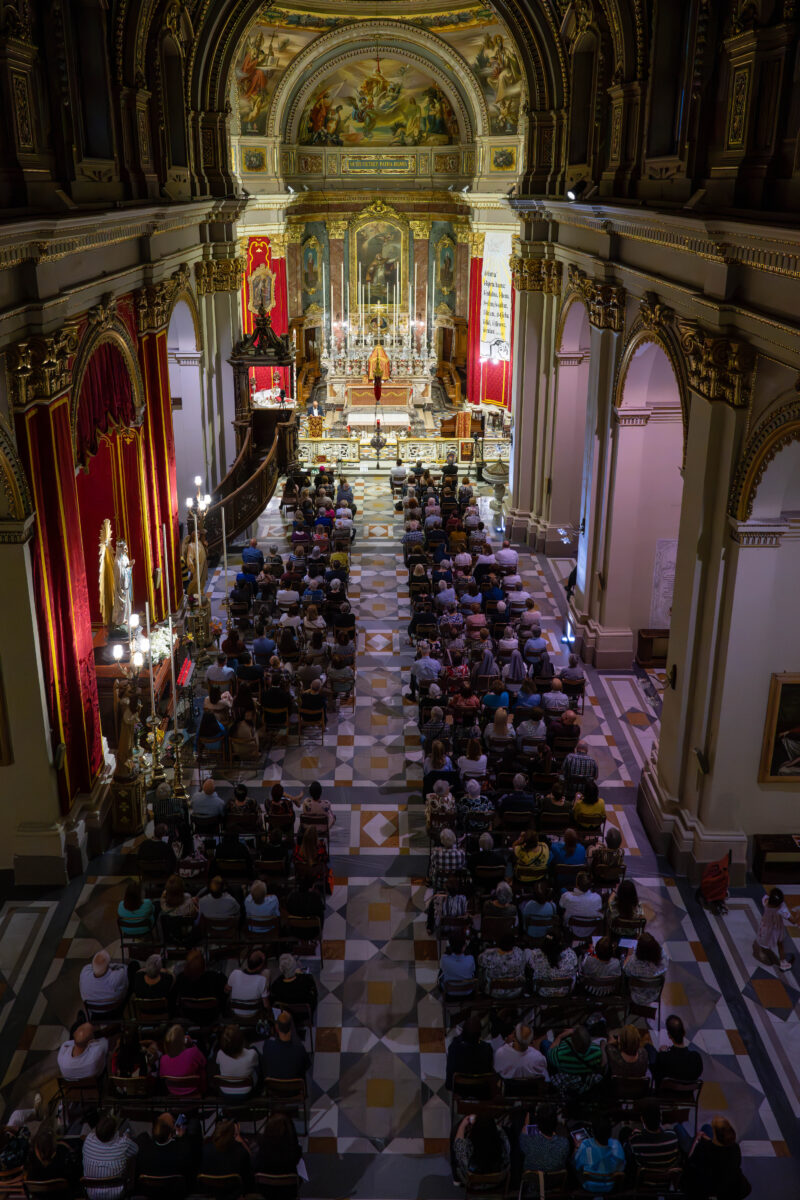This course offers an in-depth exploration of Media Literacy Education (MLE) within the context of theology and pastoral ministries. It investigates the significant impact of the digital and virtual worlds on individuals and communities, underscoring how these influences continuously shape our identities and perspectives.
Adopting a critical approach, the course examines the benefits and challenges presented by various media forms. It emphasizes the need for discernment and critical thinking to effectively navigate today’s complex media landscape. Students will develop a comprehensive understanding of media literacy education and its vital role in modern society.
This course is designed for pastoral workers who contribute to the digital presence of their parish and/or organization, as well as individuals who seek to deepen their understanding of Media Literacy Education.
Target Audience Age: 19+
The course will be delivered entirely through a series of pre-recorded lectures accessible on our VLE platform at a time and place convenient for you.
The Digital and Virtual Worlds That Shape Us: A Source of Continuous Influence
Benefits and Challenges of Media
What is Media Literacy Education?
The Three Main Pillars of the M.L.E.: Content, Audience and Technical Languages
Basic Principles of M.L.E.
The need of M.L.E. in Theology and Pastoral Ministries in the Church
Pastoral Application of the M.L.E. Pillars
Pastoral Application of the M.L.E. Principles
Understanding and Addressing an Audience
How to Address the Different Aspects of a Person
The Importance of the Pedagogical Narrative: A Guide to Using Digital Technologies as Means to Bridge Catechesis and the Human Experience
The Importance of the Creative Message
Education for Critical Thinking: Inseparable Elements of A Holistic Education
Participants will be equipped with a toolkit to explore and utilize creative tools for preparing materials tailored to pastoral work, enhancing their ability to engage effectively in their ministries.
This course has one exit certificate option:
1. Certificate of Participation
To obtain a Certificate of Participation, students must view all videos and pass from all short multiple-choice exams.
Language: Applicants must be proficient in both Maltese and English.
Digital: Applicants must be digitally literate particularly, in use of office suites and internet access.













